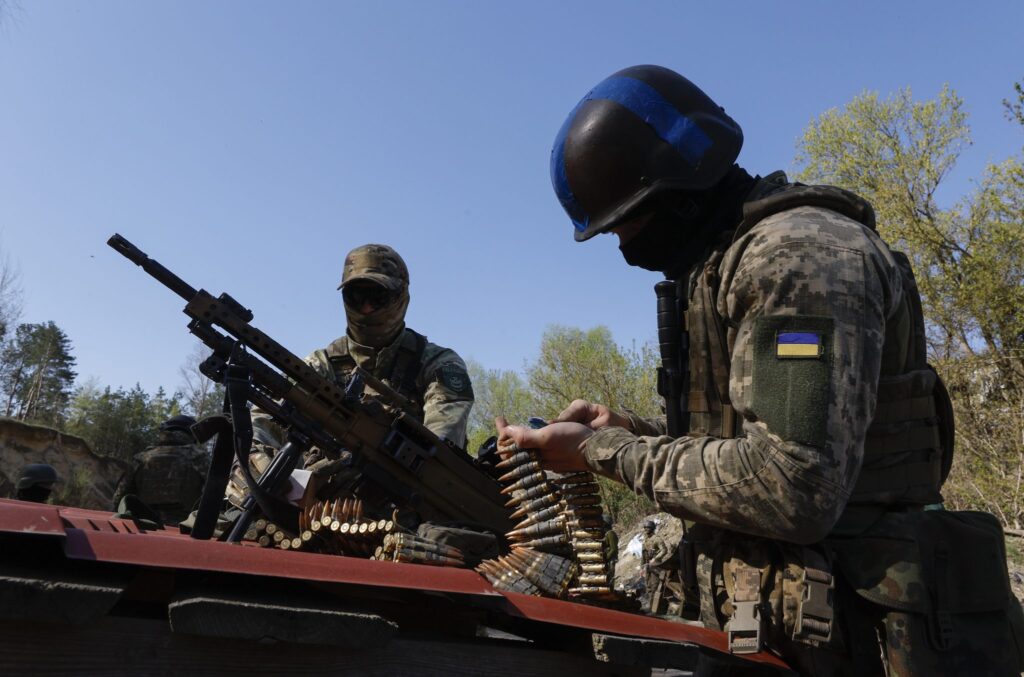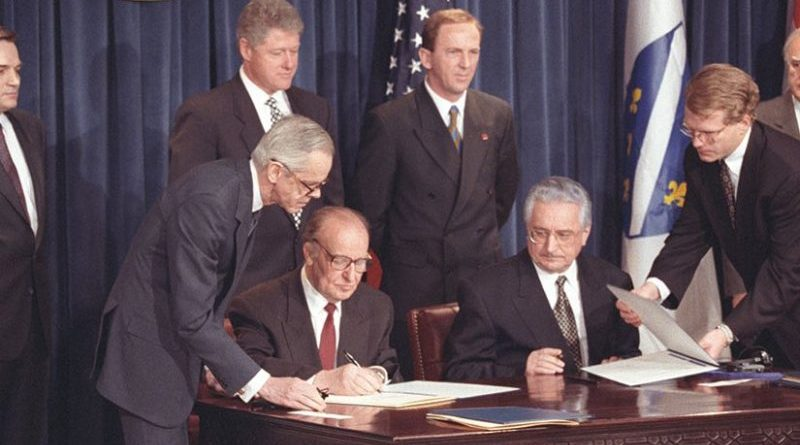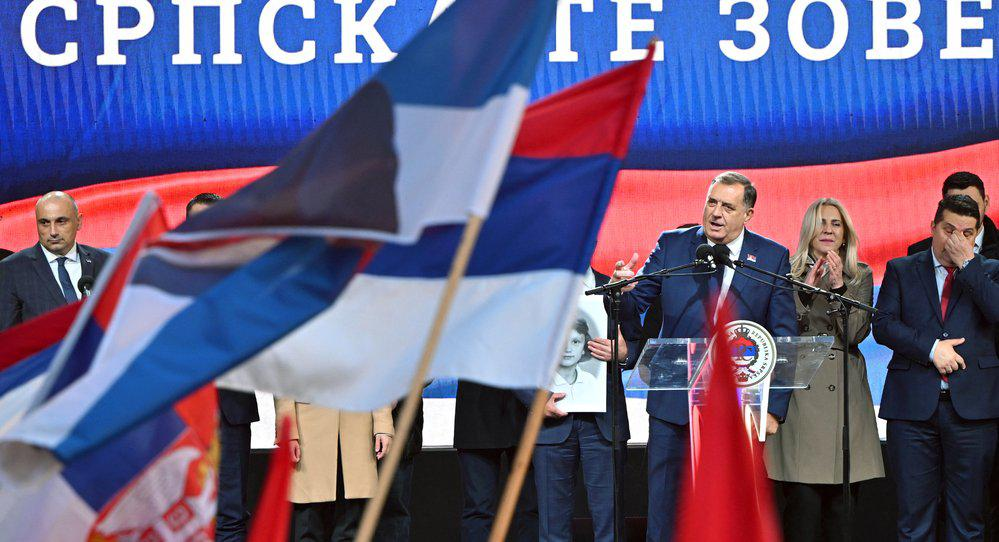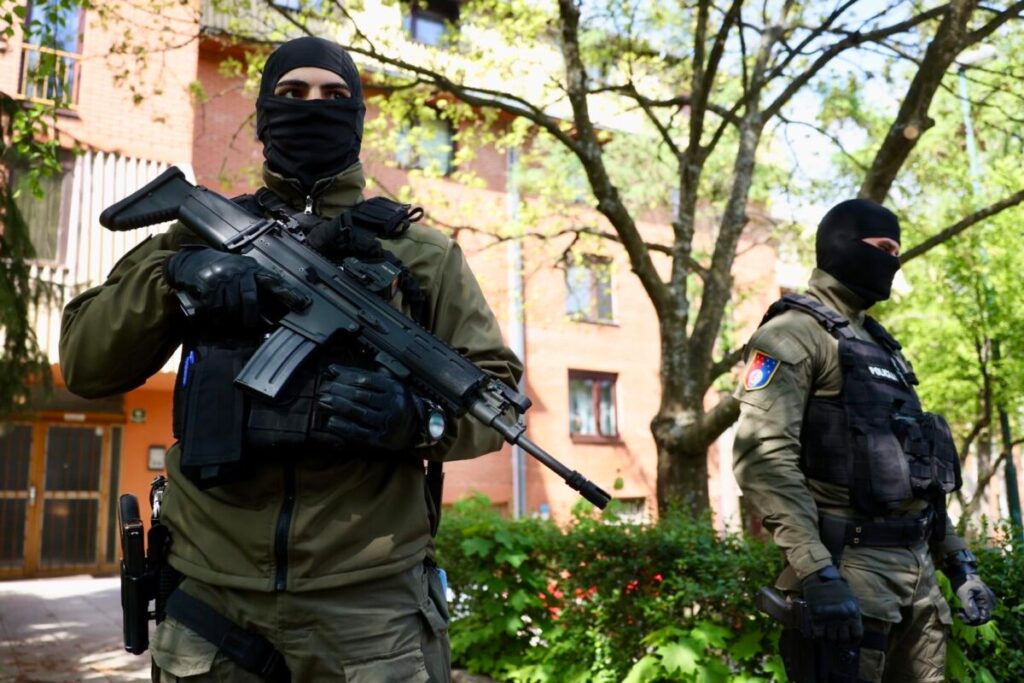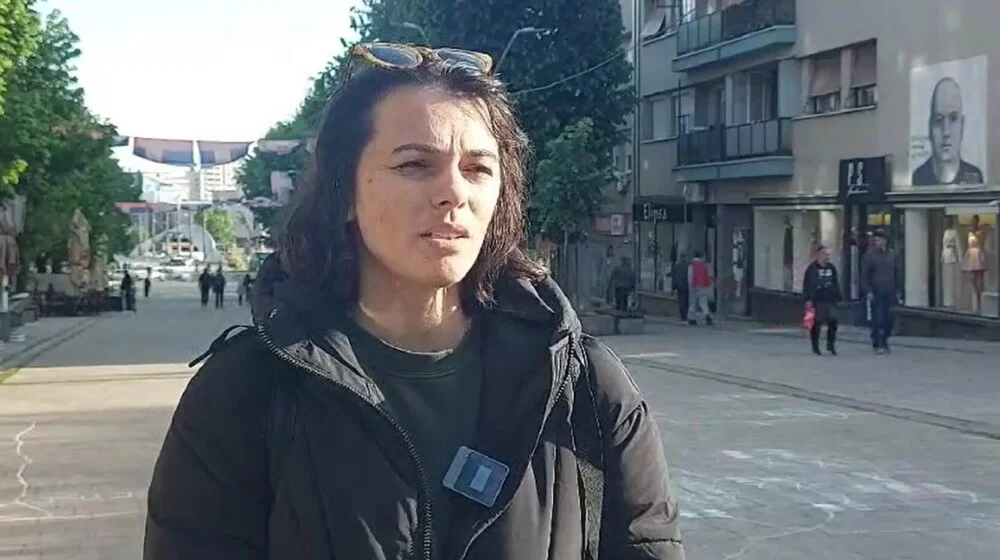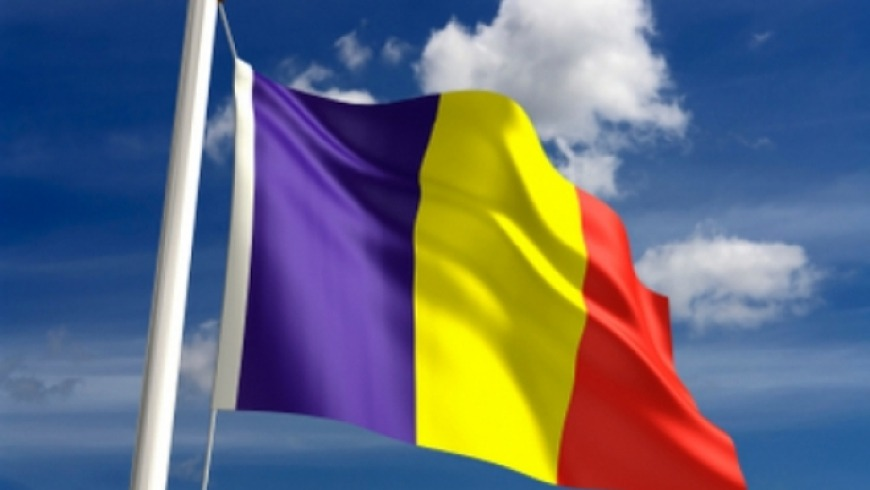New growth plan for the Western Balkans: Free lunch or money for which Serbia needs to meet the conditions?

President Aleksandar Vučić announced that the first 125 million euros will soon arrive in Serbia as part of the Growth Plan for the Western Balkans. But that this is not an unconditional donation from the European Union, but funds for which our country will have to meet certain standards.


